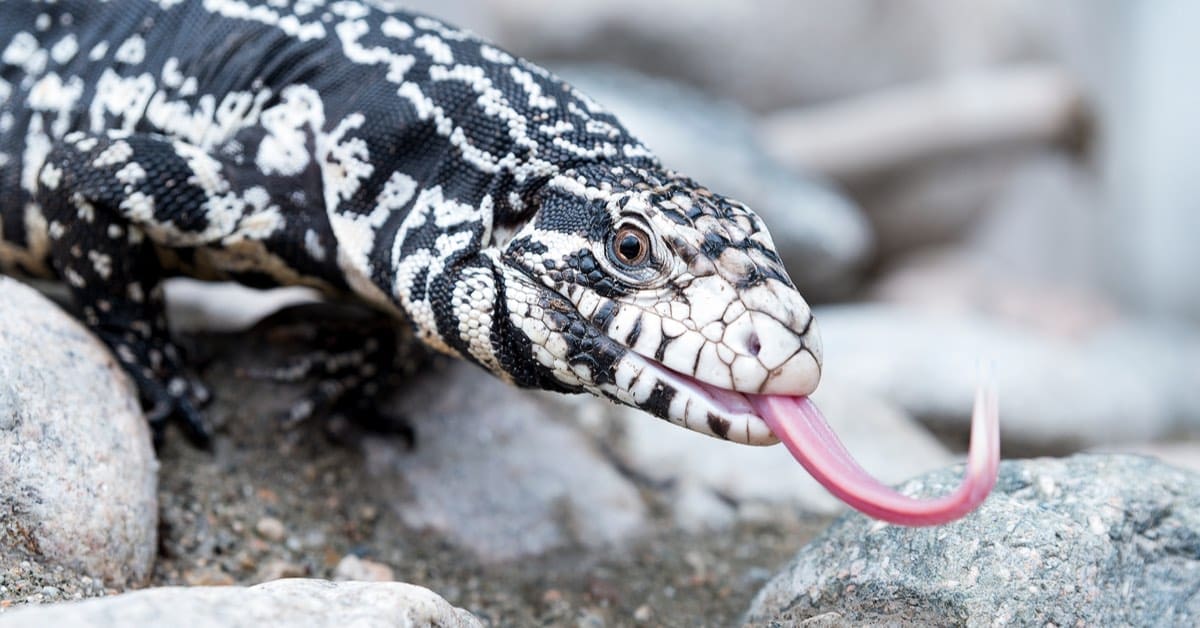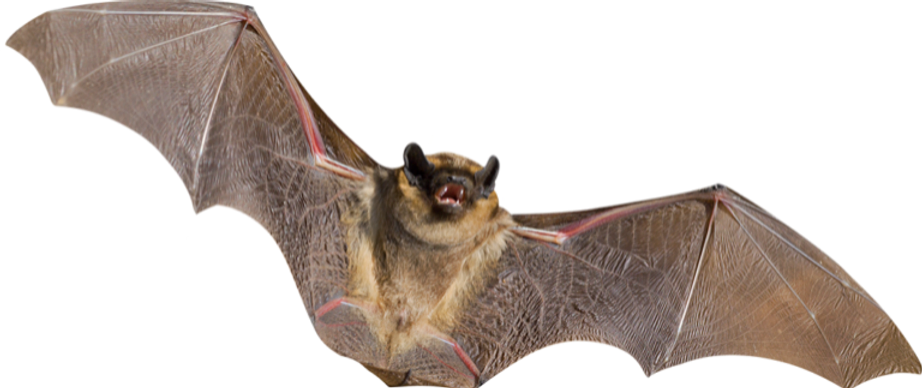Invasive Tegu Lizards are Sighted in South Carolina
There are 12 species of lizards in South Carolina. Thankfully, none of them are venomous, but some may carry diseases.
However, South Carolina lizards may be the least of your worries. Although generally harmless, there’s a new species of lizard you need to look out for.
Tegu lizards aren’t native to South Carolina. Popular in the exotic pet trade, they were first spotted in the state in 2020. Last year, there were 13 sightings in at least seven counties since this initial report.
They’re currently banned in the state. Read on to find out why, and what you should do if you spot one.
Invasive Lizards in South Carolina
The black and white tegu is currently the only invasive lizard in South Carolina. They’re native to Argentina. But they probably found their way to one or more of South Carolina’s reptile shows.
A reptile enthusiast looking for something different may consider them harmless. The hatchlings are usually sold at these shows and range from eight to twelve inches long. However, they grow quickly and can get to four feet in length, and weigh about 10 pounds.
It’s difficult to keep a lizard of this size in a house, far less a small apartment. It’s probably how they ended up in the wild.
Dangerous Lizards
Tegu lizards are dangerous. They’re omnivores so they eat anything. This includes the eggs of other animals as well as protected species.
Their extensive diet includes carrion as well as a variety of small live mammals. These can be as small as a grasshopper to tortoises and gophers.
They can also target items in your yard including pet food, plants, fruits, and vegetables. If left unrestricted, they may eventually disrupt South Carolina’s wildlife habitat.
There’s also a chance they can spread non-native parasites to South Carolina’s wildlife. They may also contaminate crops with bacteria.
As a result, South Carolina residents can’t buy, own, transfer or sell them. September 25, 2021, was the deadline for owners to register their tegus and hybrids.
Dealing with These New South Carolina Pests
Tegu lizards seem to be most active in the summer and are hard to miss. They’re distinctively black and white and larger than any other lizard in the state. If you see one take a photo, if possible. But your safety should be your priority.
Don’t try to capture it yourself. They have an extremely powerful bite if handled incorrectly. Call a company that specializes in reptile control.
Call the Experts, The Precision Predator Removal
Coming face to face with a tegu lizard in your yard will probably be an unexpected but scary experience. Try not to panic. Tegu lizards are only harmful to humans if they feel threatened.
You might want to do your part to keep South Carolina’s habitat balanced. But you shouldn’t try to capture it yourself. Call the experts to handle this dangerous lizard.
Precision Predator Removal has extensive experience in reptile removal, including lizard control. We’ll get rid of the problem safely for you. Don’t hesitate to contact us. We’re open 24 hours a day.


